MENTAL HEALTH
If you’re in emotional distress or suicidal crisis
>>>Call 988<<<
ChatGPT On Mental Illness in America
Mental health is a significant concern in the United States, affecting millions of Americans. Here are some key points regarding the mental health situation:
- Prevalence of Mental Health Conditions: Mental health conditions are common in the U.S., with approximately one in five adults experiencing some form of mental illness each year. Common mental health conditions include depression, anxiety disorders, bipolar disorder, and schizophrenia.
- Increased Awareness: In recent years, there has been a growing awareness and recognition of mental health issues in society. This increased awareness has led to a reduction in stigma surrounding mental health, encouraging more individuals to seek help and support.
- Impact of COVID-19: The COVID-19 pandemic has had a significant impact on mental health globally, including in the United States. Isolation, grief, economic hardships, and fear of the virus have contributed to increased levels of stress, anxiety, and depression among Americans. The pandemic has also disrupted access to mental health services for some individuals.
- Access to Mental Health Care: Despite the growing recognition of mental health, many Americans still face barriers in accessing mental health care. Issues such as high costs, limited availability of providers, and lack of insurance coverage can prevent individuals from receiving necessary treatment.
- Health Disparities: Certain populations in the U.S. experience disparities in mental health care. Minority communities, including Black, Hispanic, and Indigenous populations, often face greater challenges in accessing and receiving culturally competent mental health services.
- Suicide Rates: Suicide remains a significant concern in the United States. It is the 10th leading cause of death in the country, and rates have been increasing in recent years. Mental health conditions, substance abuse, and social factors can contribute to suicidal thoughts and behaviors.
- Treatment Approaches: Mental health treatment in the U.S. varies depending on the individual's needs and condition. It can include a combination of therapies such as medication, psychotherapy, support groups, and lifestyle changes. In some cases, hospitalization or intensive outpatient programs may be necessary.
It is important to note that the mental health situation can vary among individuals, communities, and regions across the United States. Additionally, advancements in research, policies, and public awareness campaigns can influence the mental health landscape over time. For the most up-to-date information on the current mental health situation, it is advisable to consult recent studies, reports, or reputable sources in the field of mental health.
Here is a list of common mental disorders (click on each for more info):
- Depression: A mood disorder characterized by persistent feelings of sadness, loss of interest or pleasure, and a range of physical and cognitive symptoms.
- Anxiety disorders: A group of disorders characterized by excessive and persistent worry, fear, or anxiety. This includes generalized anxiety disorder (GAD), panic disorder, social anxiety disorder, and specific phobias.
- Bipolar disorder: A disorder marked by alternating periods of depression and mania. During manic episodes, individuals experience elevated mood, increased energy, impulsivity, and other symptoms.
- Schizophrenia: A chronic and severe mental disorder characterized by distorted thinking, hallucinations, delusions, and a lack of emotional expression and motivation.
- Obsessive-compulsive disorder (OCD): An anxiety disorder characterized by intrusive, unwanted thoughts (obsessions) and repetitive behaviors or mental rituals (compulsions) performed to alleviate anxiety.
- Post-traumatic stress disorder (PTSD): A disorder that develops after exposure to a traumatic event. Symptoms may include flashbacks, nightmares, severe anxiety, and intrusive thoughts related to the event.
- Attention-deficit/hyperactivity disorder (ADHD): A neurodevelopmental disorder characterized by persistent patterns of inattention, hyperactivity, and impulsivity that interfere with daily functioning.
- Eating disorders: Including anorexia nervosa (persistent restriction of food intake leading to low body weight), bulimia nervosa (episodes of binge eating followed by compensatory behaviors), and binge-eating disorder (recurrent episodes of excessive eating without compensatory behaviors).
- Borderline personality disorder (BPD): A disorder characterized by unstable mood, self-image, and interpersonal relationships. Symptoms may include impulsivity, intense fear of abandonment, self-harm, and emotional instability.
- Substance use disorders (SUD): Disorders involving the recurrent use of substances (such as alcohol, drugs, or medications) despite negative consequences, often leading to impairment in various areas of life.
Please note that this list is not exhaustive, and there are many other mental disorders that exist. Additionally, it's important to consult with a qualified healthcare professional for an accurate diagnosis and appropriate treatment if you suspect you or someone you know may be experiencing any mental health concerns.
Mental Illness






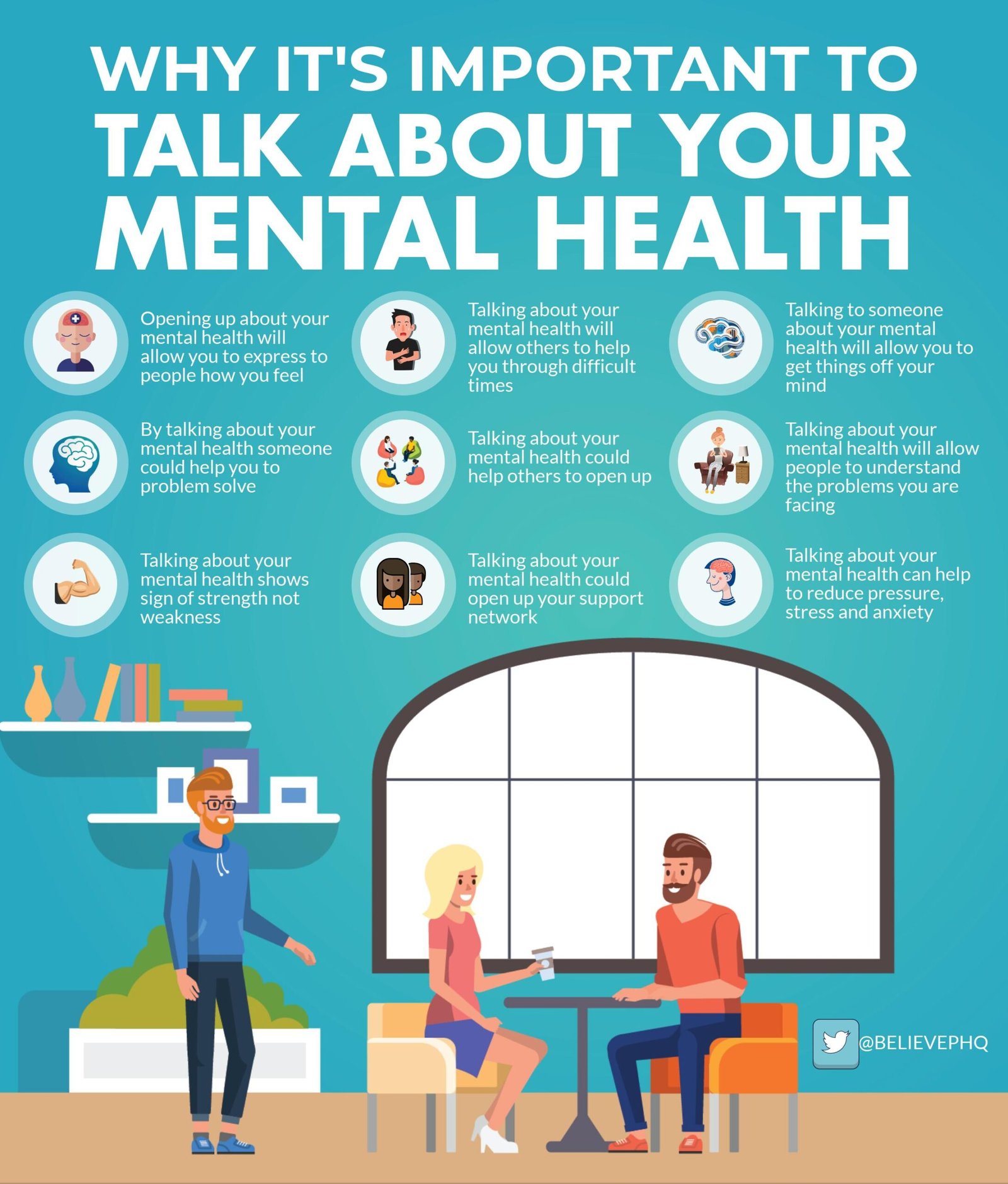


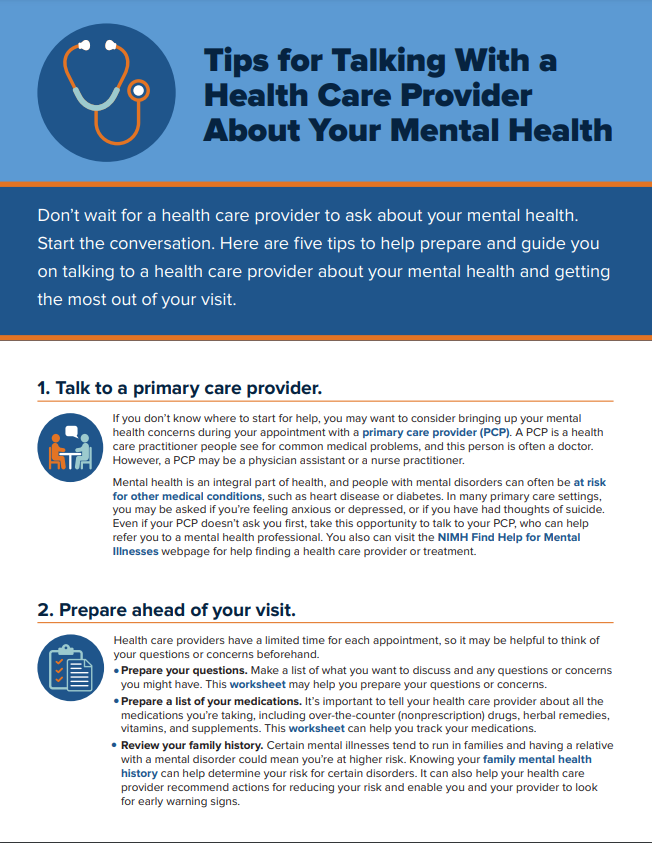
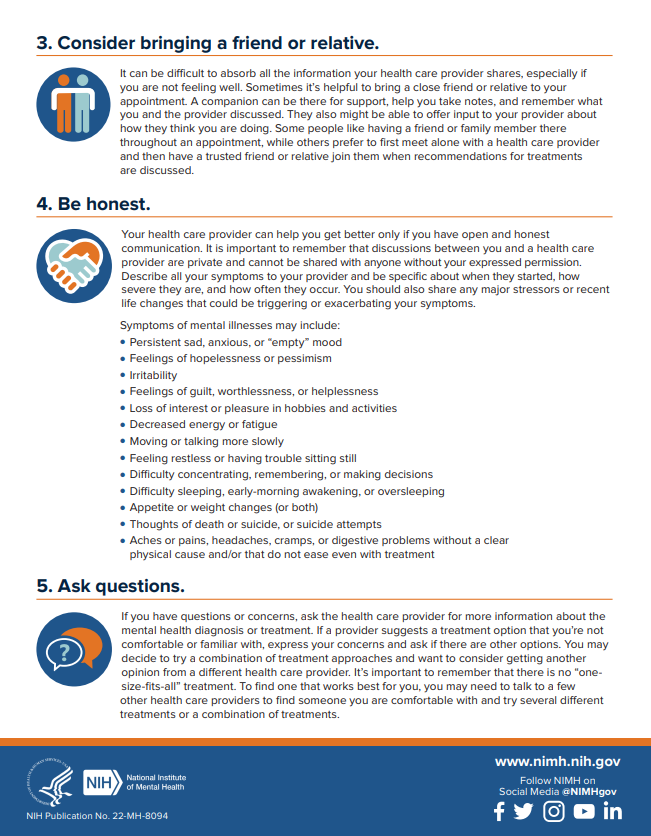
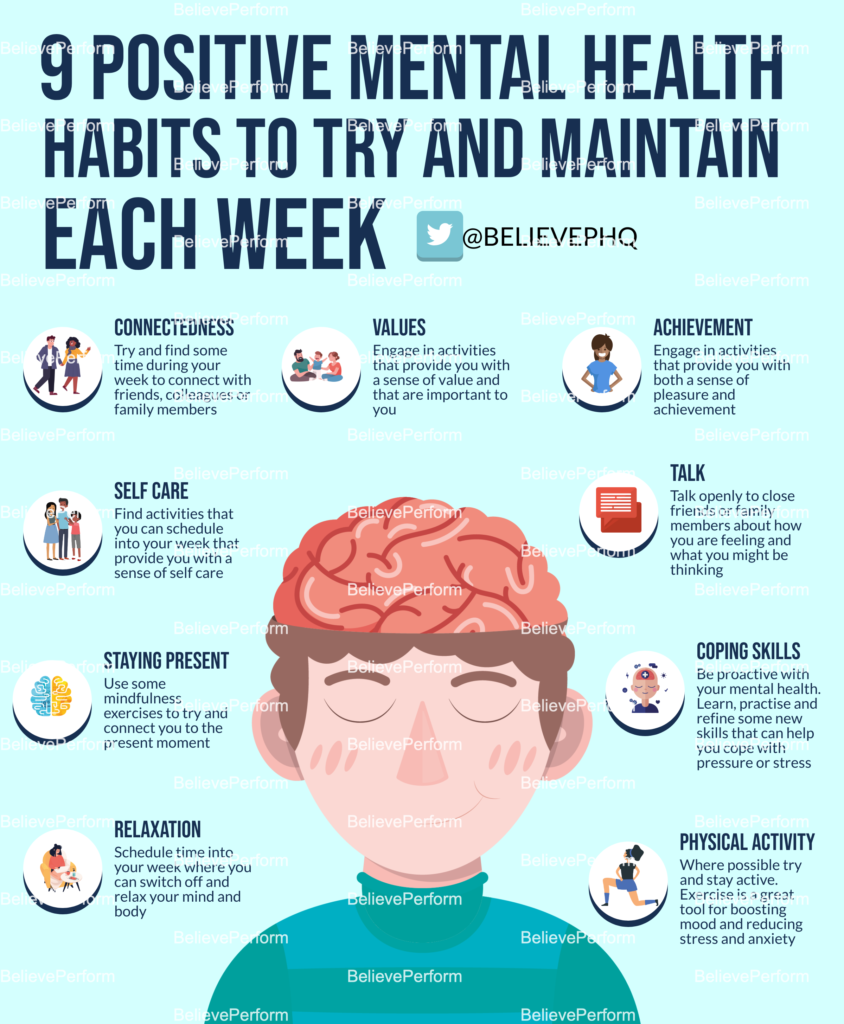
Depression




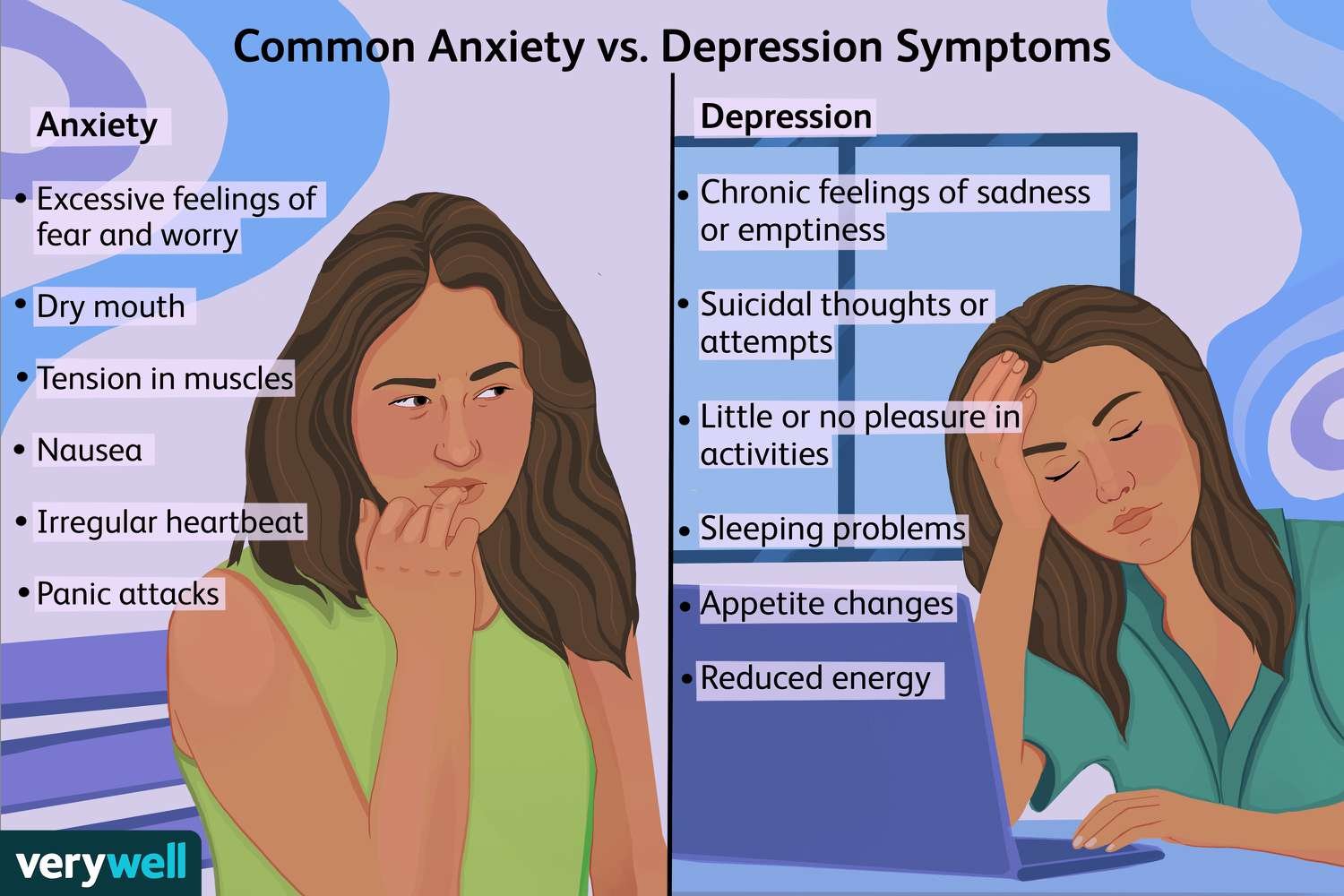










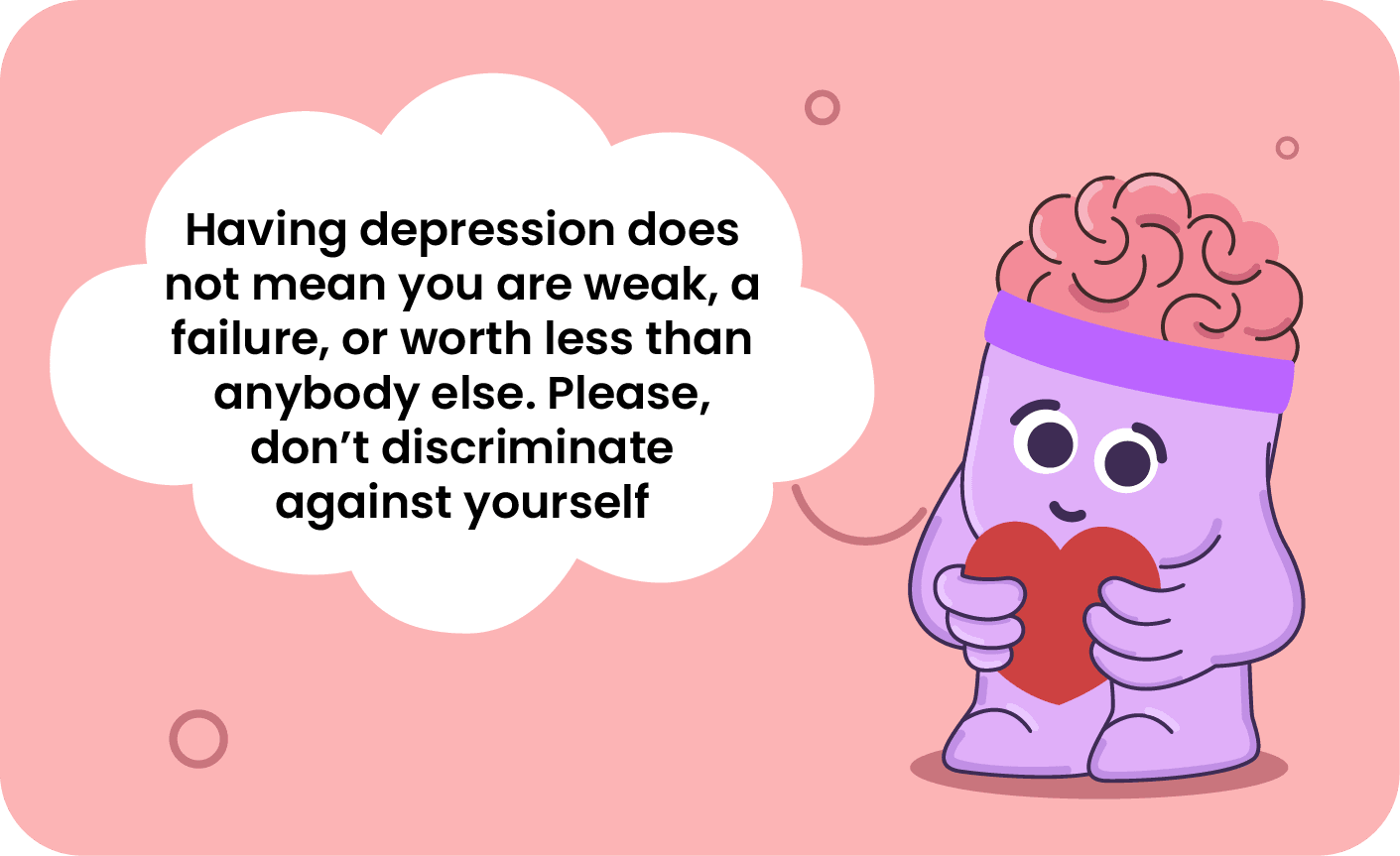
Anxiety Disorders



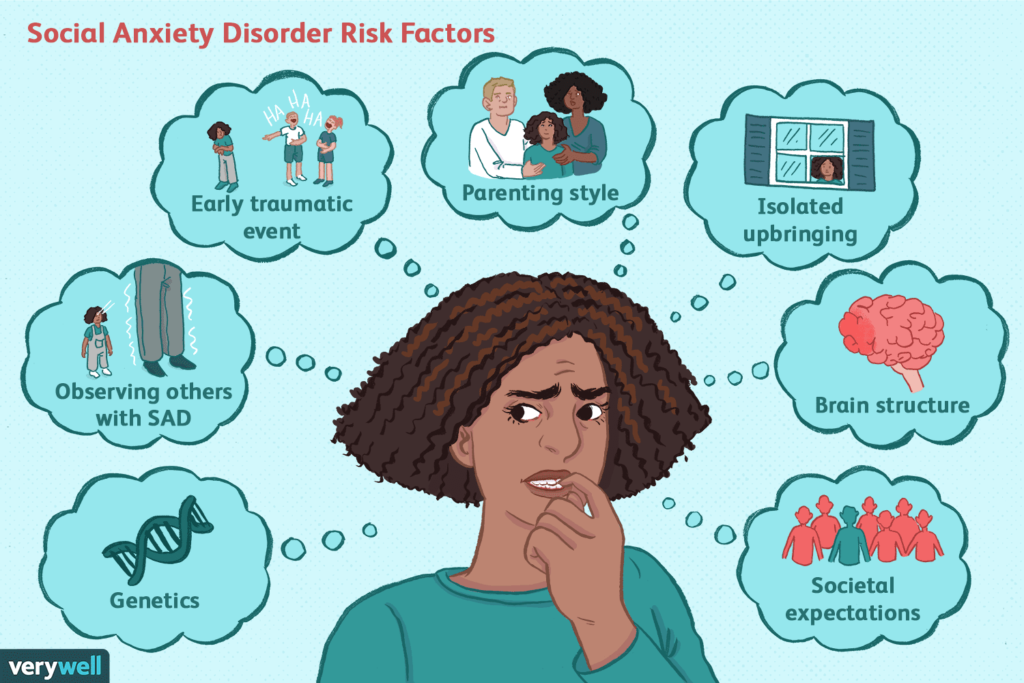
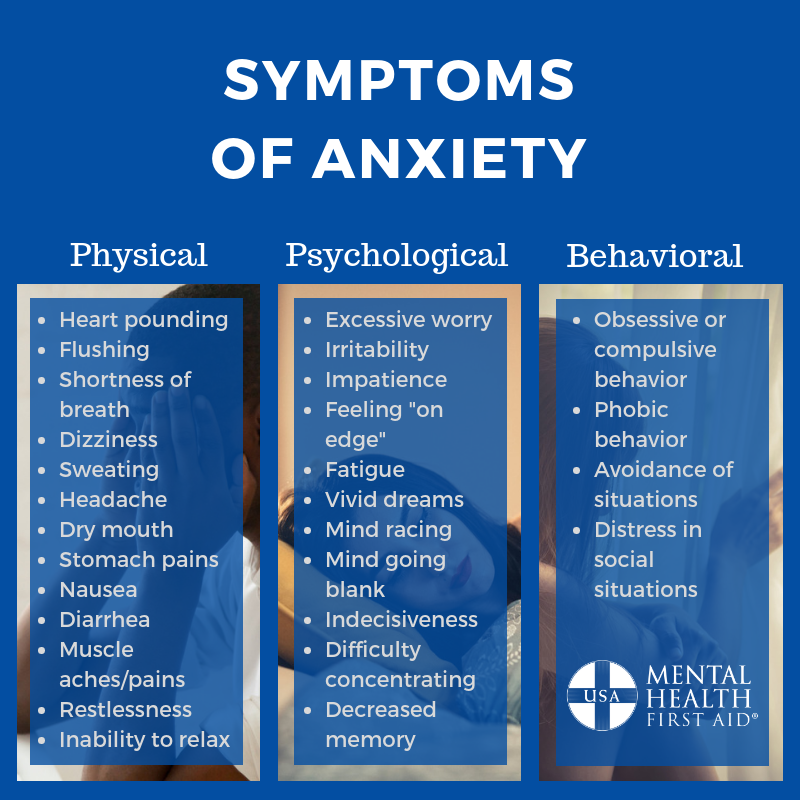


Bipolar Disorder (BPD)







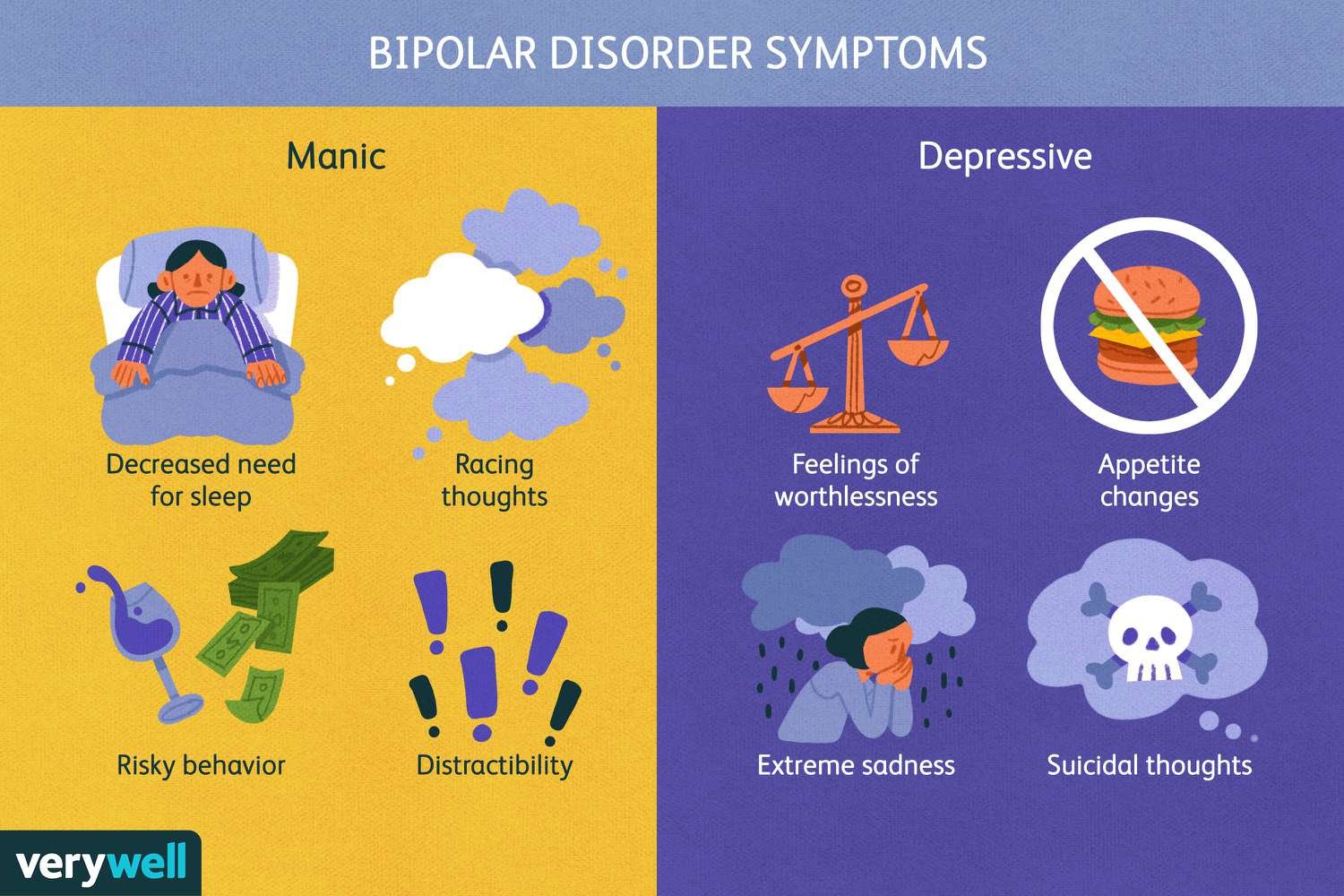



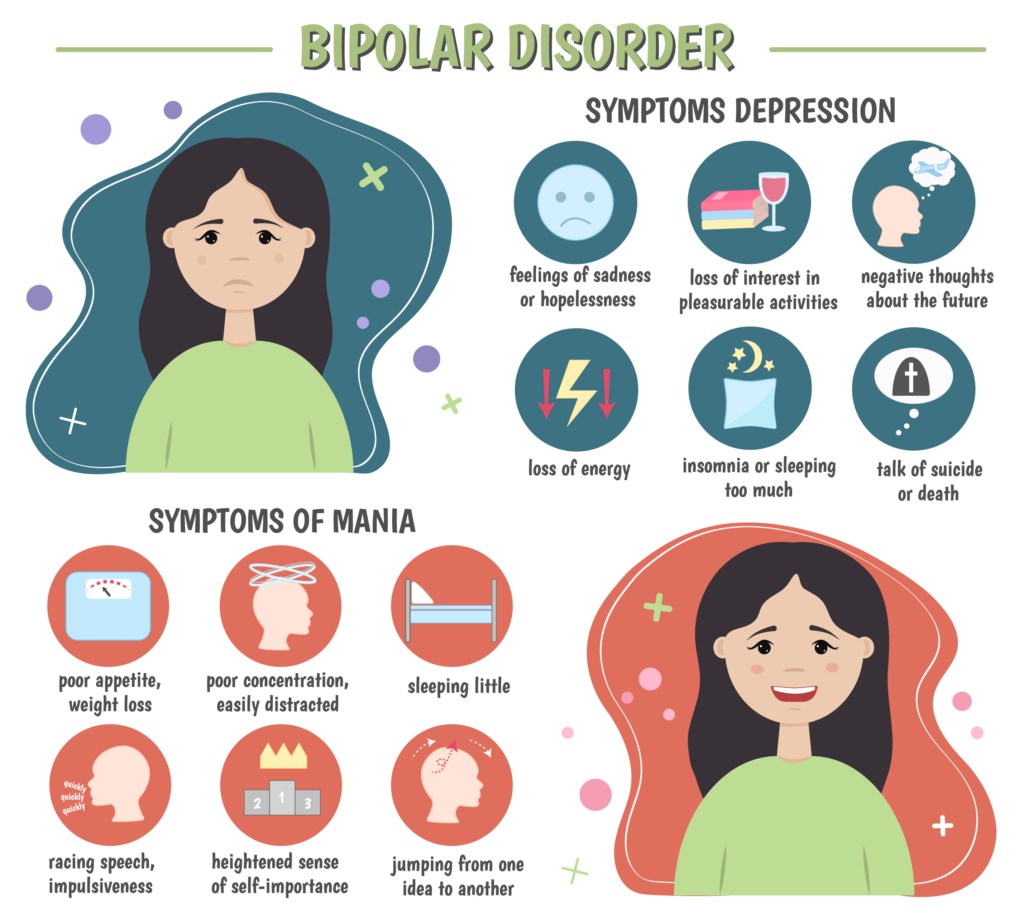





Schizophrenia

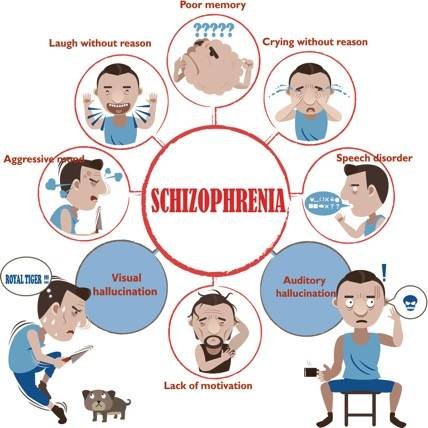
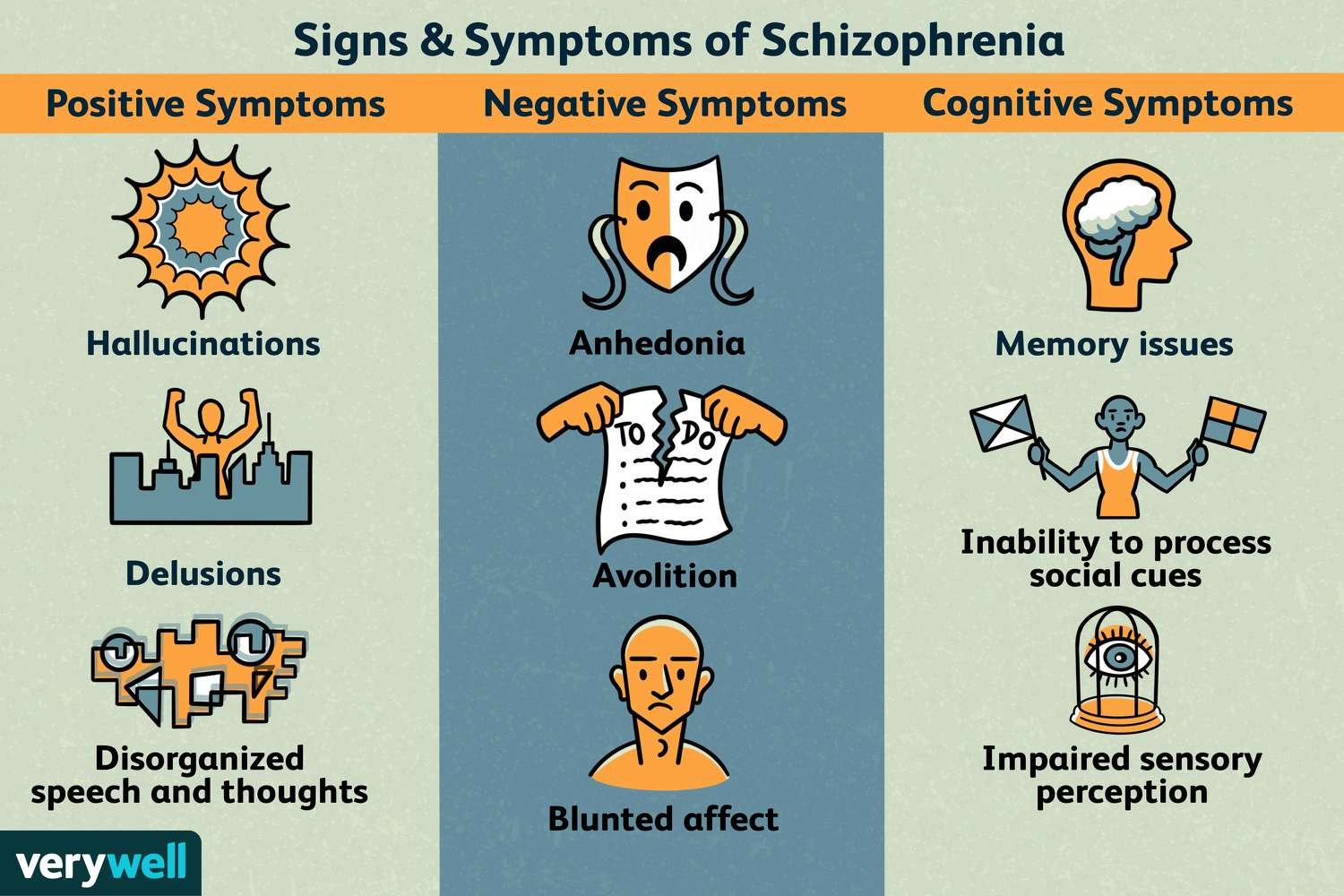


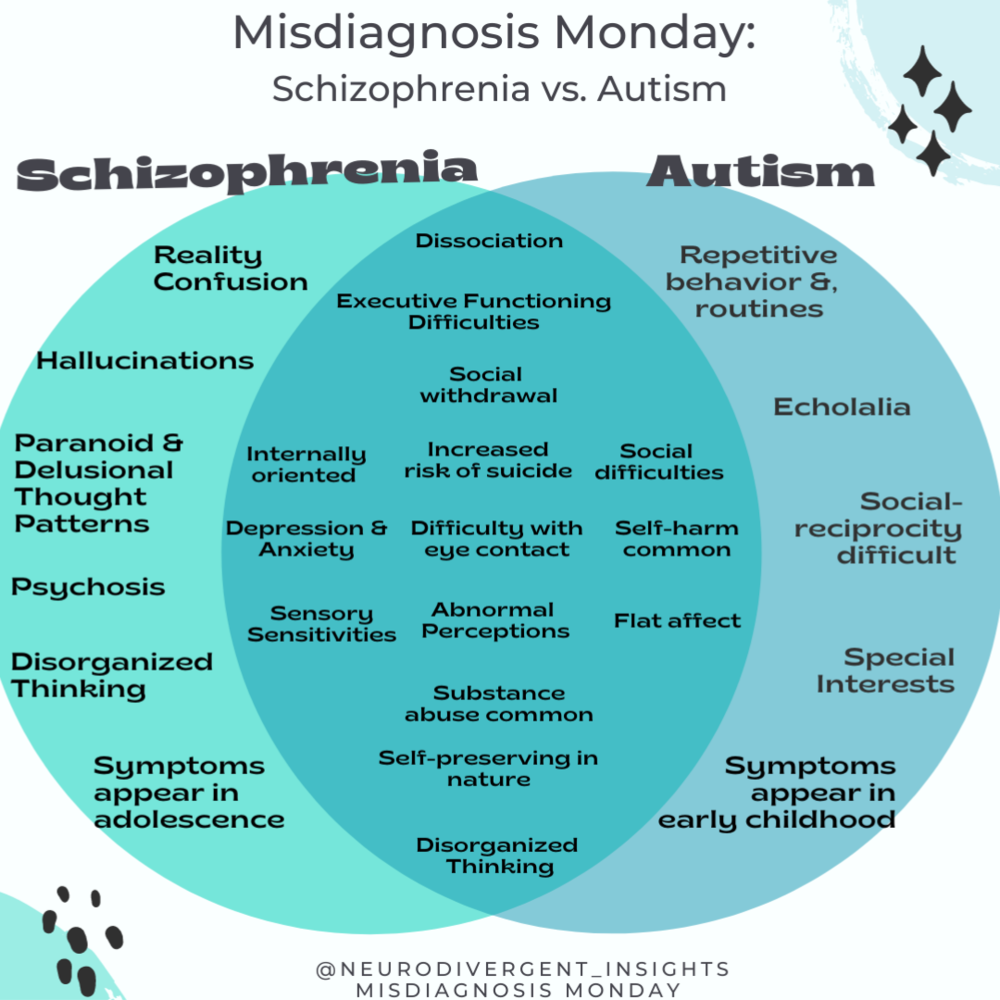


OCD














PTSD




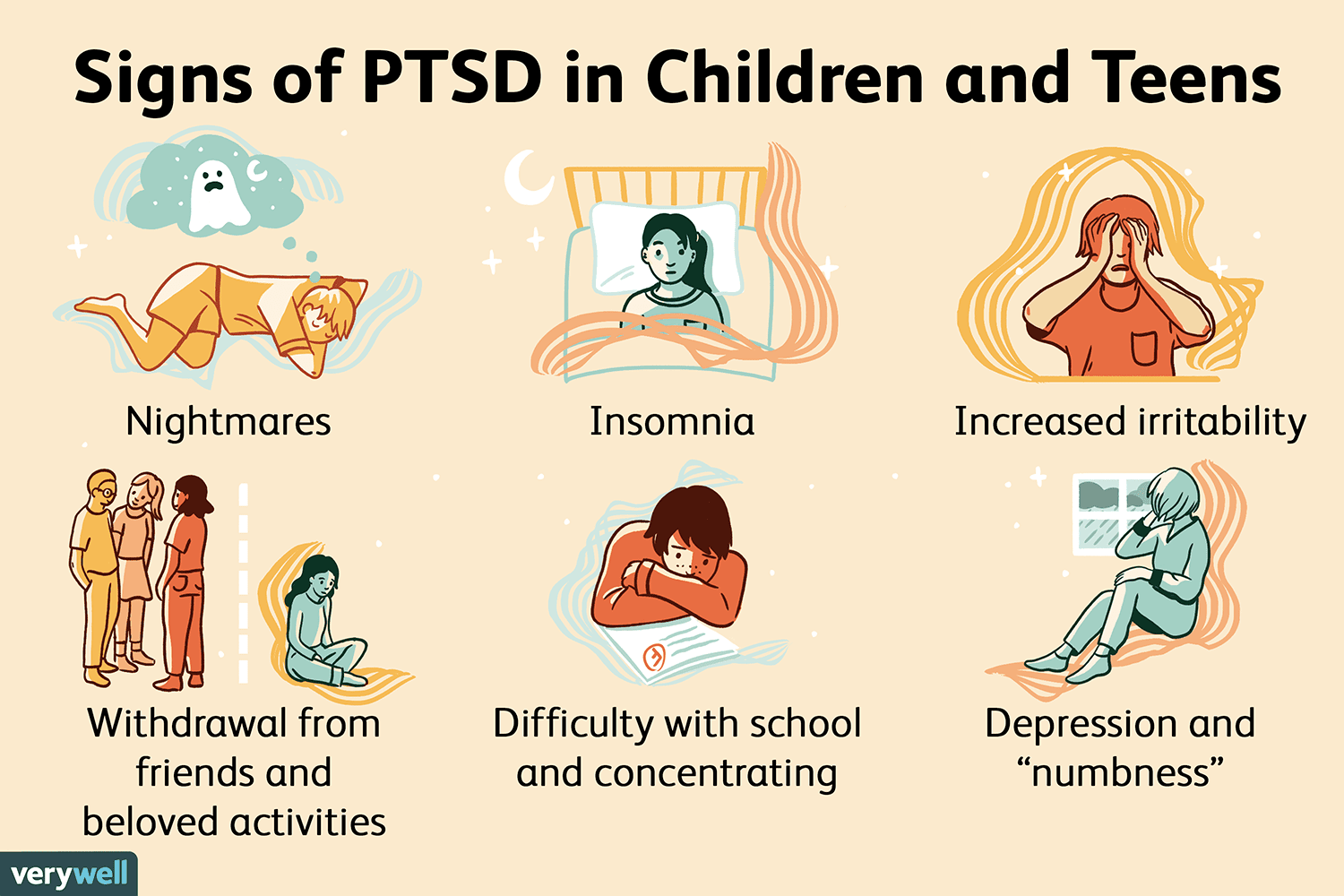


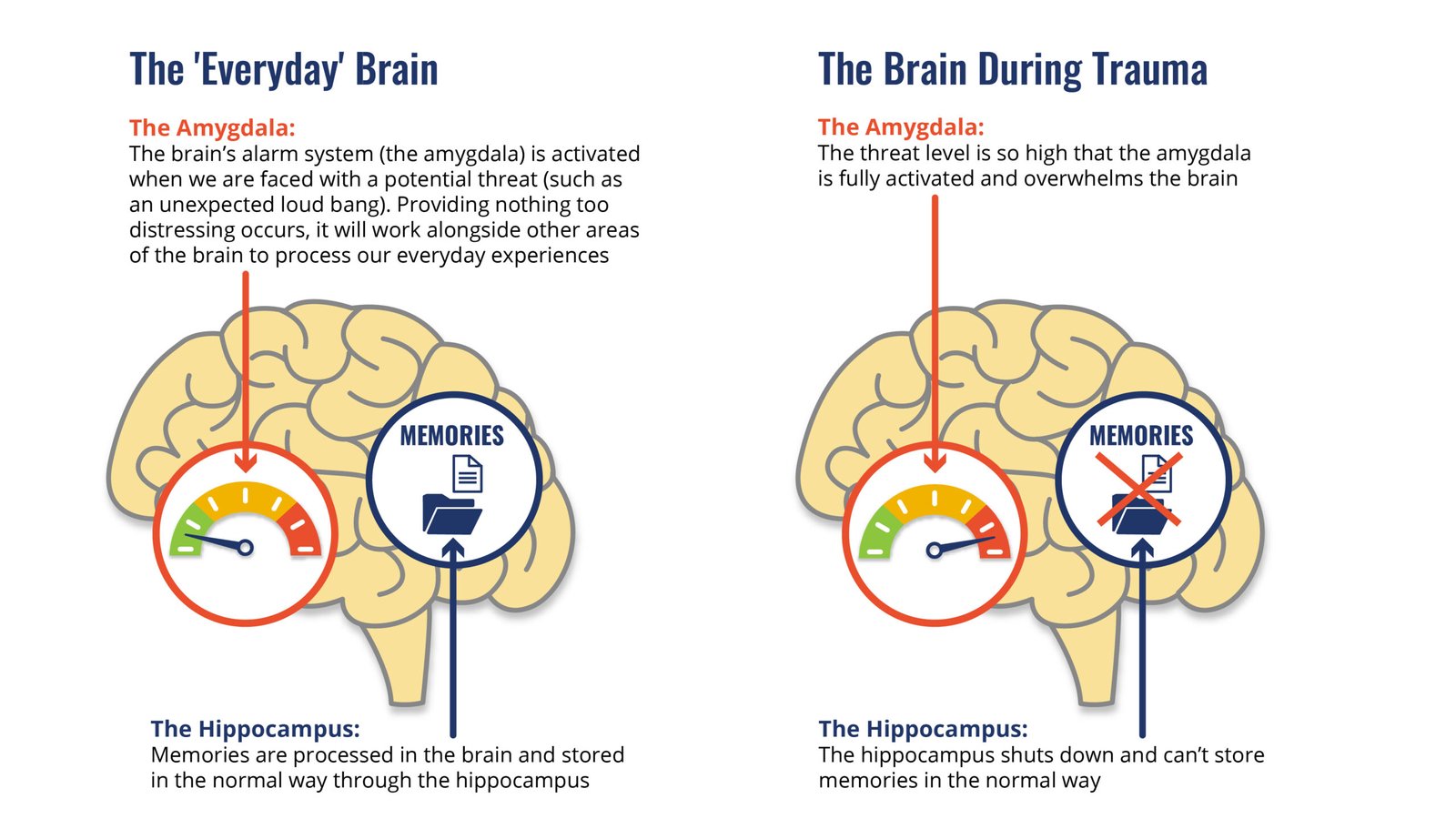





ADHD












Eating Disorders
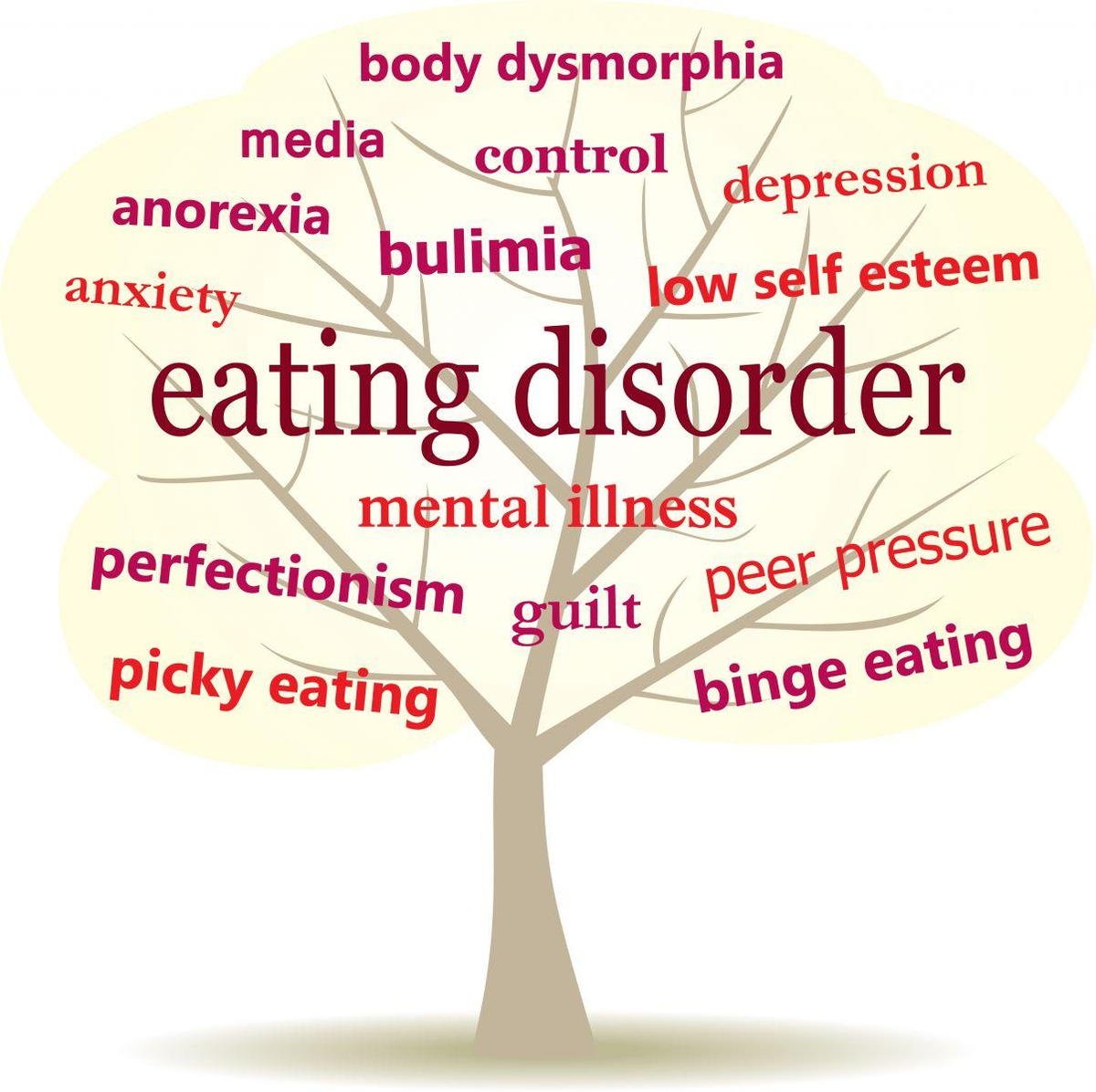









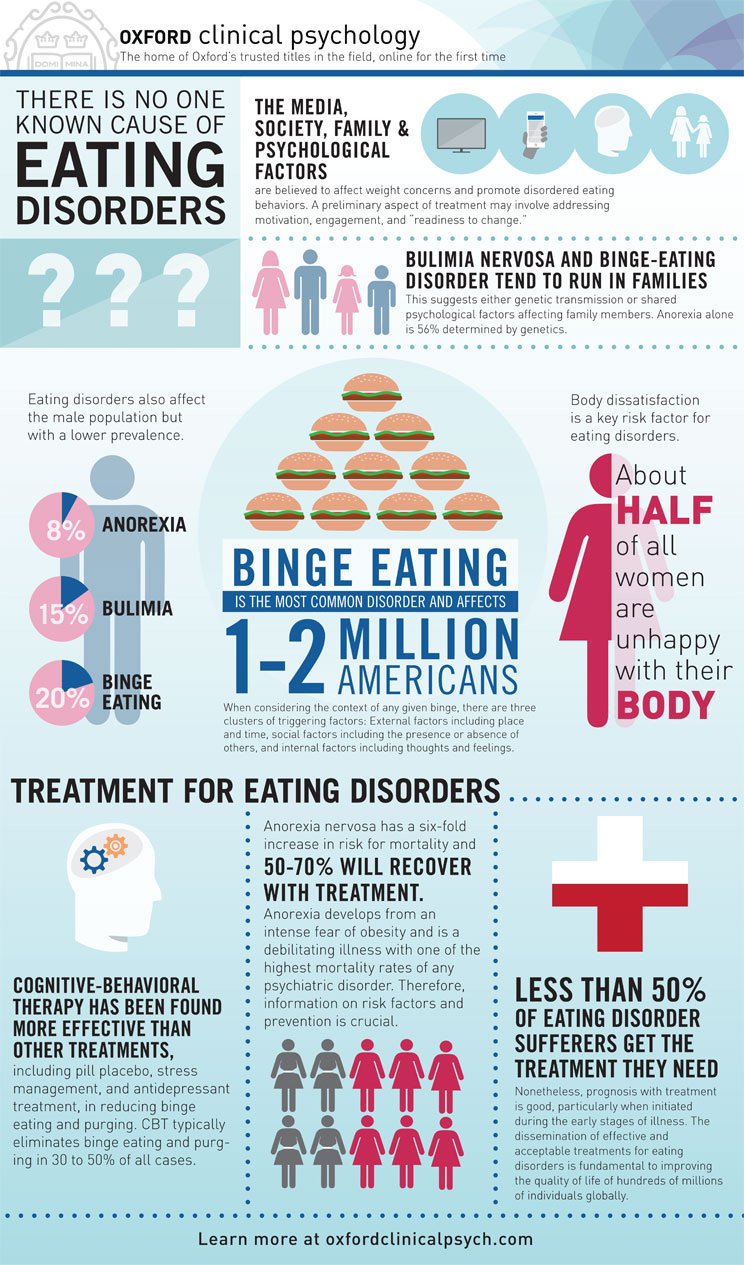






Substance Abuse (SUD)



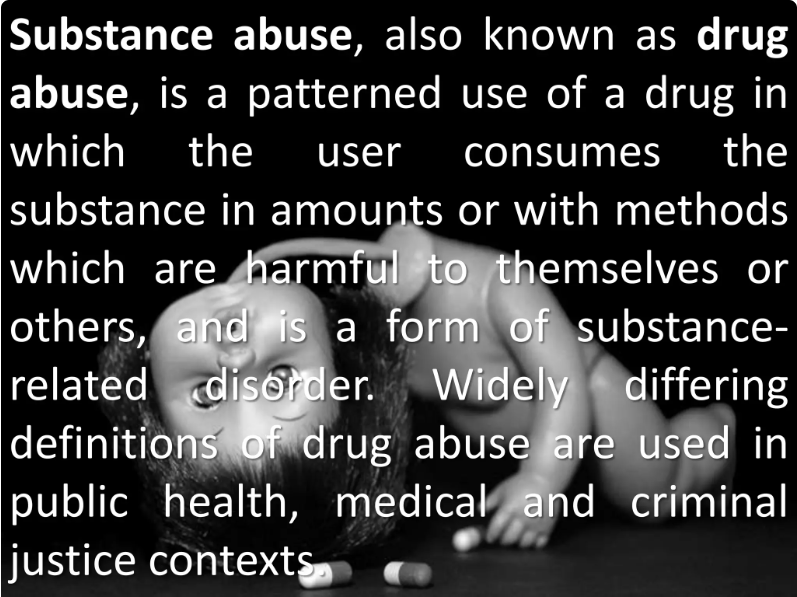










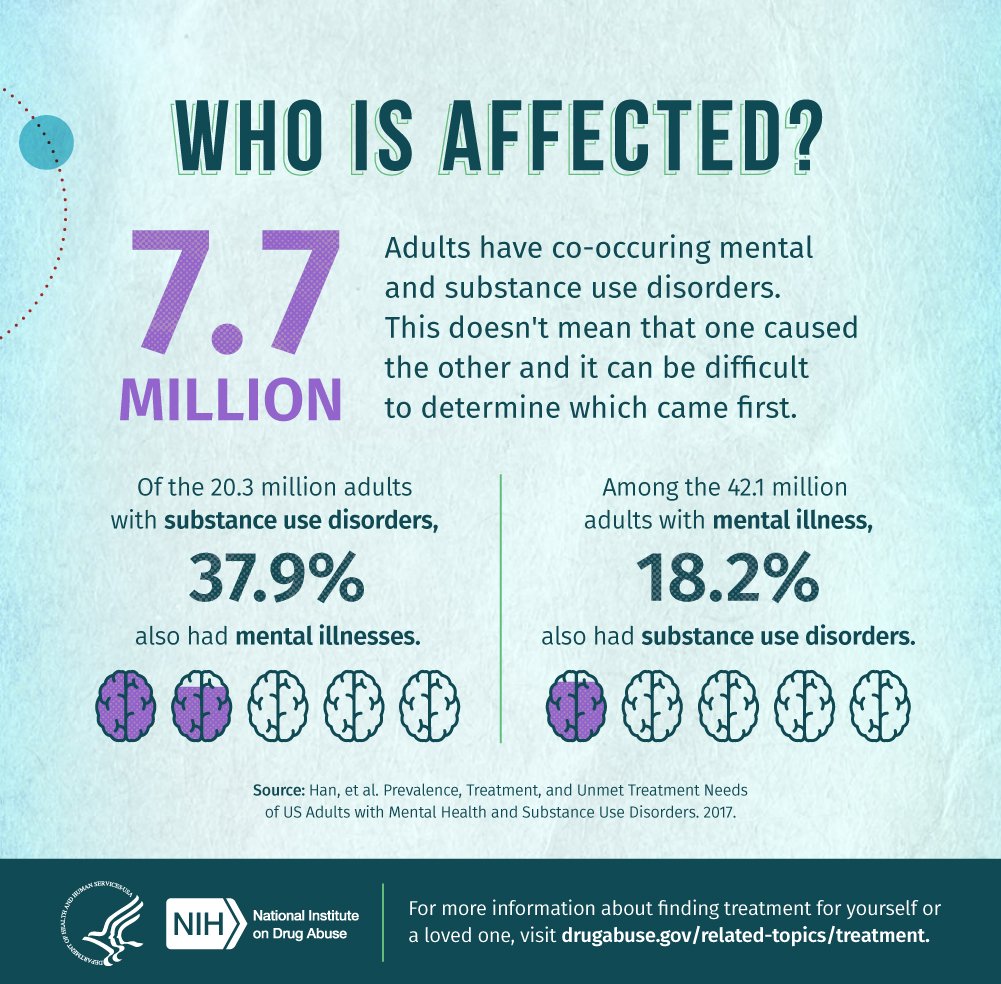









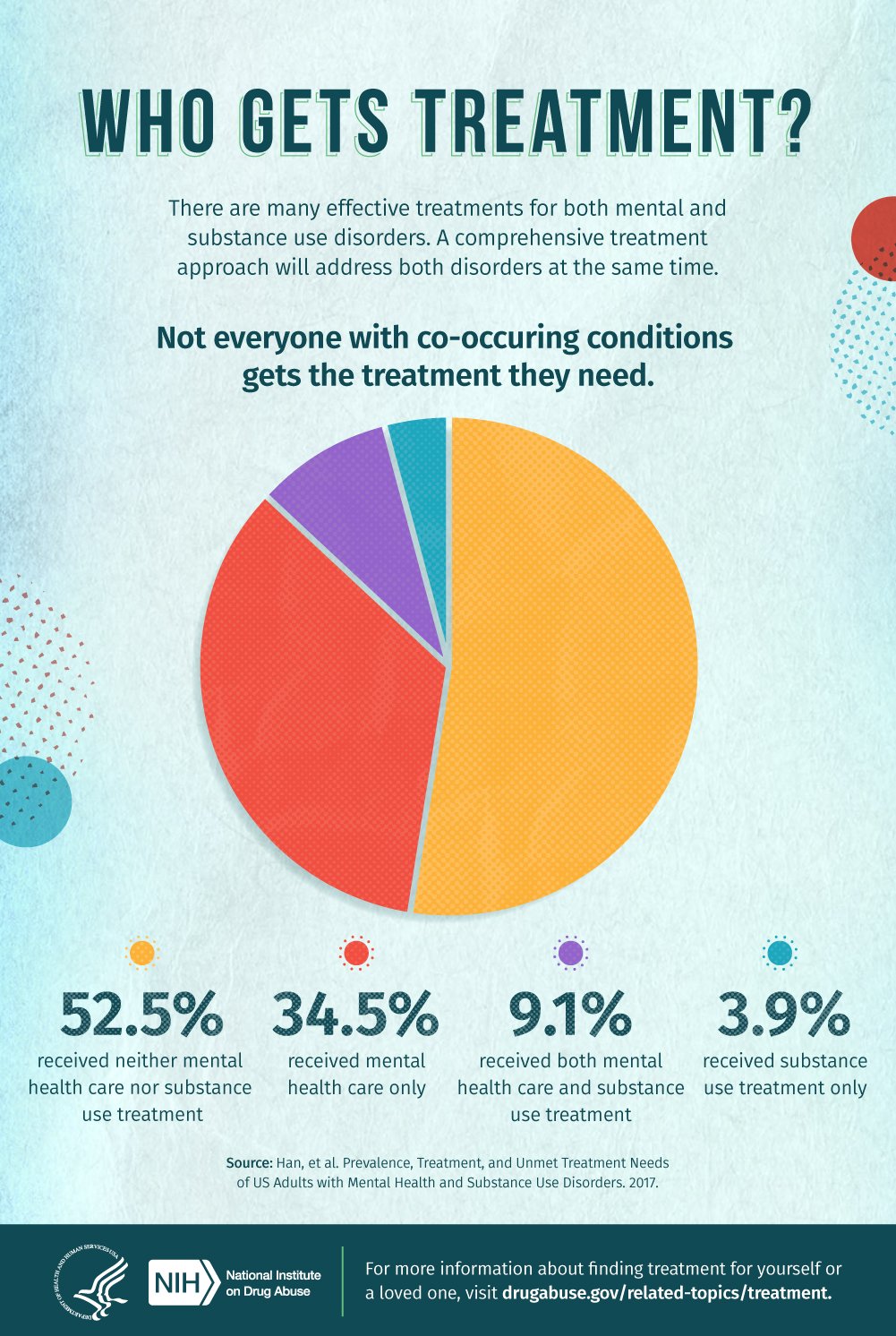


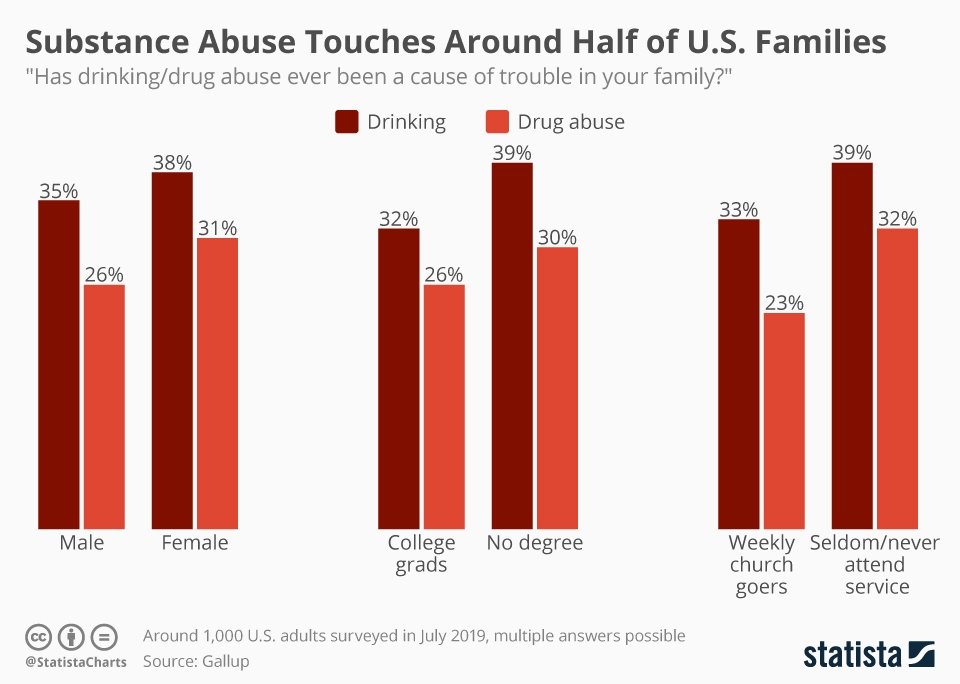
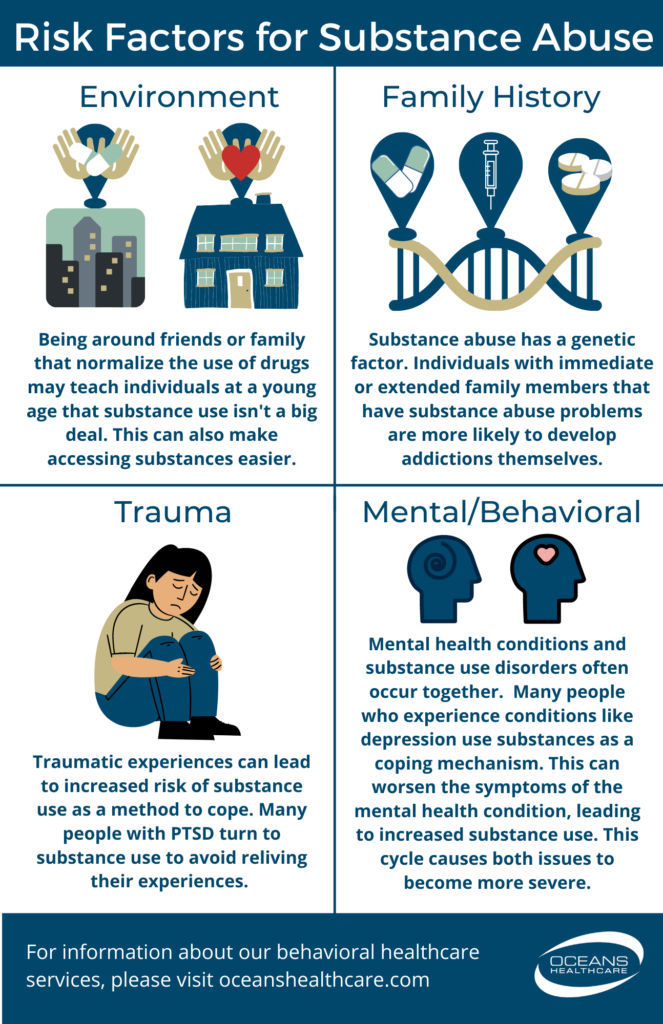


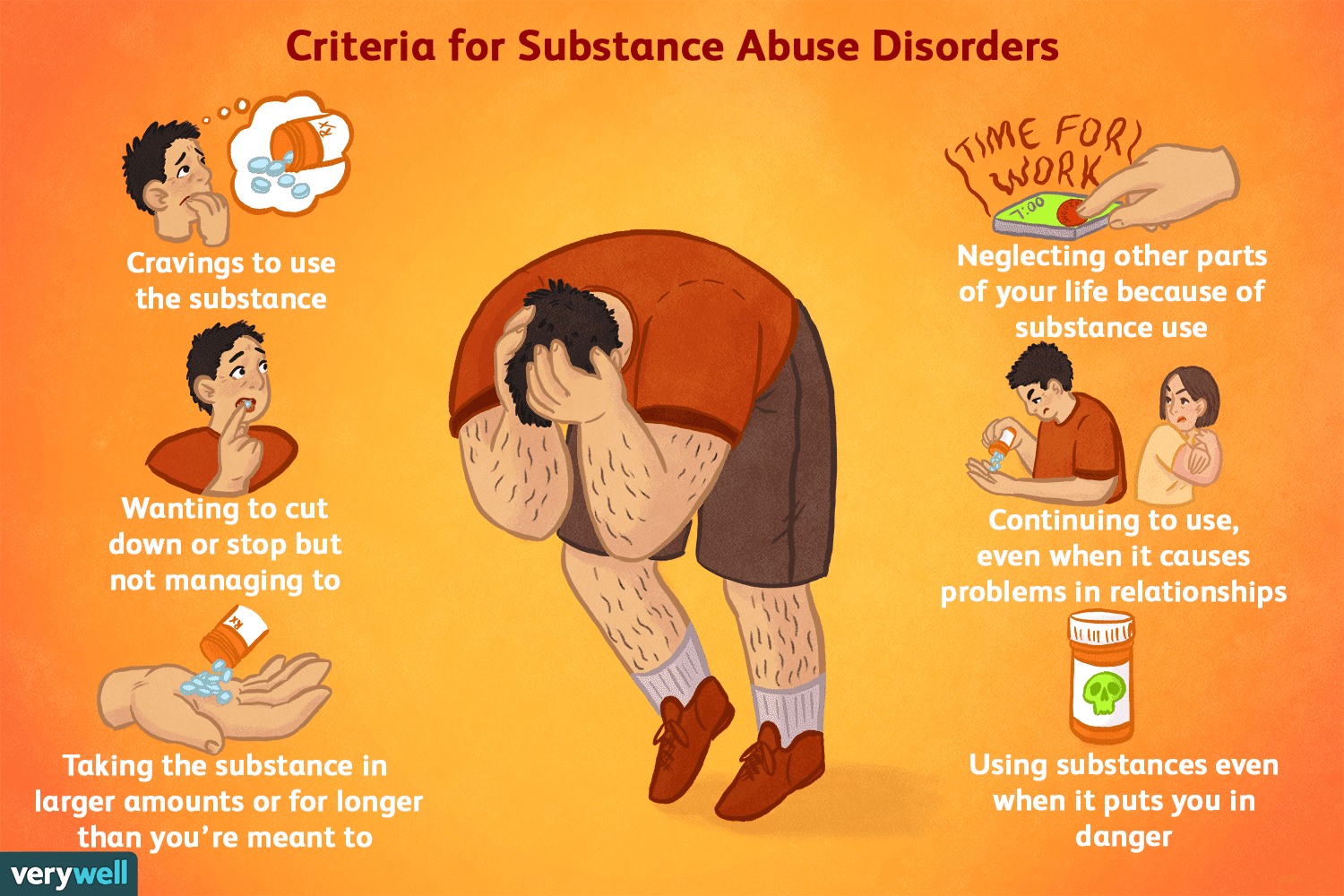


© 2025 Outside of Time and Space: Where God Might or Might Not Reside by Shawn Jipp. Created with 
shawnjipp@gmail.com